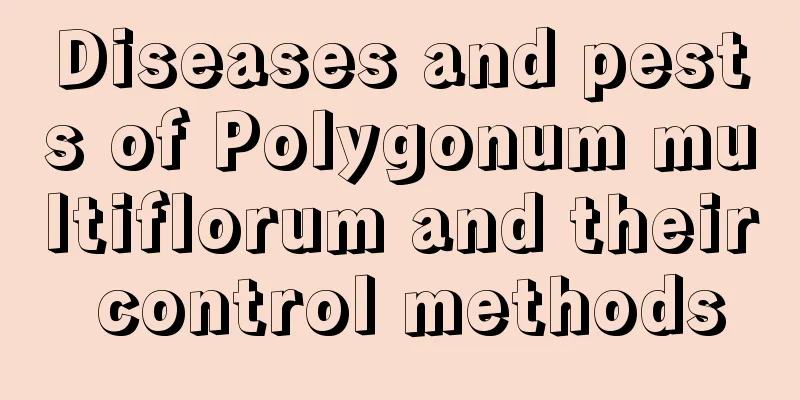What fertilizer is good for peas?

Overview of Pea FertilizationPea is a climbing herb of the legume family. It prefers a frozen and humid climate and is cold-resistant but not heat-resistant. It can withstand temperatures as low as 5°C in the seedling stage, the suitable temperature during the growth period is 12-16°C, and the suitable temperature during the podding period is 15-20°C. The base fertilizer for peas must contain sufficient organic fertilizer. Generally, 2-3 tons of decomposed organic fertilizer is applied per mu, and 20-30 kg of superphosphate and 15-20 kg of potassium sulfate are applied. What fertilizer is good for peas?When peas absorb fertilizers, nitrogen is the main component, followed by potassium and the least is phosphorus. Although its root nodules can fix nitrogen in the soil and air for plant absorption, it still needs to rely on nitrogen fertilizer supplementation. Pea base fertilizer should be applied early. Generally, 3000-5000 kg of organic fertilizer, 25-30 kg of superphosphate, 10 kg of urea and 100 kg of wood ash are applied per mu. How to fertilize peasPea farmers' organic fertilizer should be mixed with phosphate fertilizer. Generally, 15-25 kg of superphosphate can be applied per mu, and mixed with 500-1000 kg of dried pig and cow dung, wood ash, etc. In the spring, peas should be supplemented with appropriate nitrogen fertilizers and phosphorus fertilizers, because the plants require a large amount of fertilizer during the peak period of flowering and podding. Fertilization can encourage the plants to increase the number of flowers and improve the podding rate. Points to note when fertilizing peas1. Pea leaves turn yellow due to excessive fertilizer or too high fertilizer concentration. The young leaves are thick, shiny, and uneven. At this time, you need to water more to dilute the fertilizer. 2. Most peas are long-day varieties. After fertilizing, they must be given sufficient light and the shading of field weeds should be avoided as much as possible. This can increase the flowering and podding rate. |
<<: Can you grow succulents in egg shells?
>>: What fertilizer is good for succulent plants?
Recommend
Soybean planting conditions, climate and geographical requirements
Introduction to soybean Soybean is a plant of the...
Planting method and time of red kidney beans, suitable temperature for planting
Suitable planting time for red kidney beans Red k...
Does the blue cloth skirt have another name? What are the effects and functions?
1. Any other names? In addition to this name, it ...
The growing environment and local conditions of Angelica sinensis
Angelica growth environment and conditions Angeli...
When and how to plant beans
Planting time for beans Green beans are usually p...
Are crayfish easy to raise?
Crayfish is the most common freshwater shrimp in ...
When is the best time to plant grapes?
Grapes , as a fruit that is deeply loved by peopl...
When does dragon fruit ripen?
Dragon fruit is a kind of tropical fruit , but be...
When is the best time to bag Majiayu
Effect of bagging on pomelo 1. Improve the appear...
Difference Between Dianthus and Carnation
1. Dianthus It is a perennial plant belonging to ...
The best time to transplant grape seedlings
Grape is an important fruit economic crop in Chin...
How to prune Phoenix bamboo
1. Pruning during the growing season 1. As the Ph...
What kind of flowerpot looks good for bougainvillea
What flowerpot is suitable for bougainvillea Both...
Can smooth sailing be hydroponically cultivated? The hydroponic cultivation method of smooth sailing
Can smooth sailing be hydroponically cultivated? ...
How many years does a blueberry tree bear fruit?
1. Results of several years Under normal circumst...









